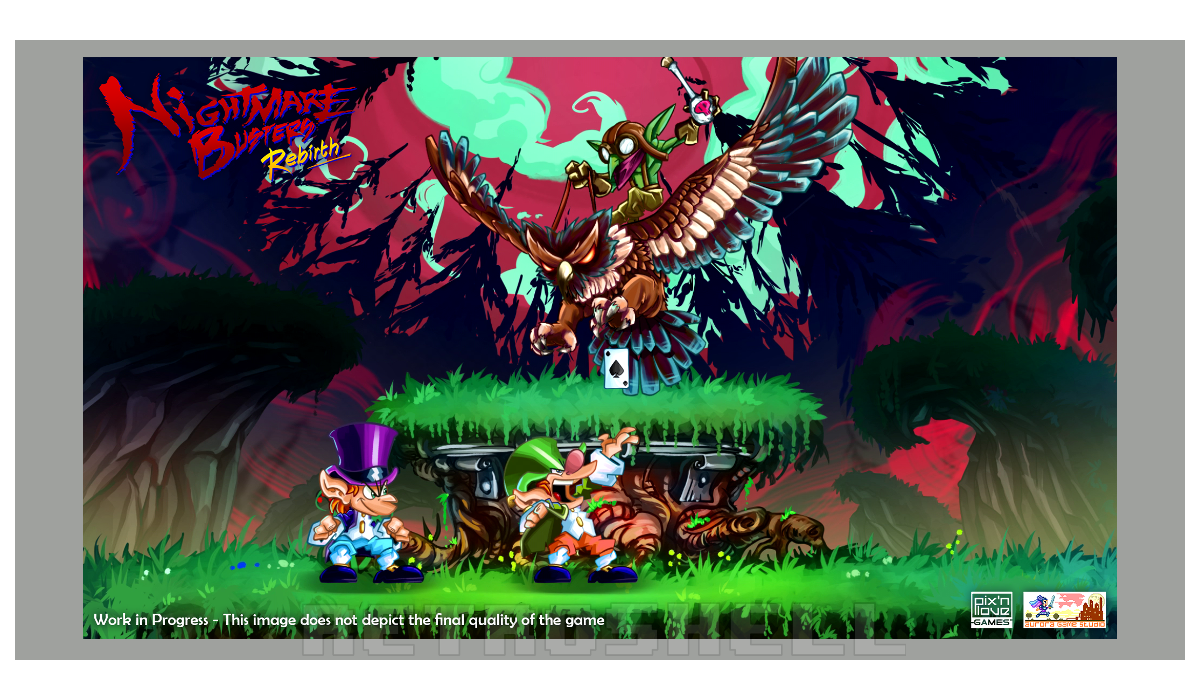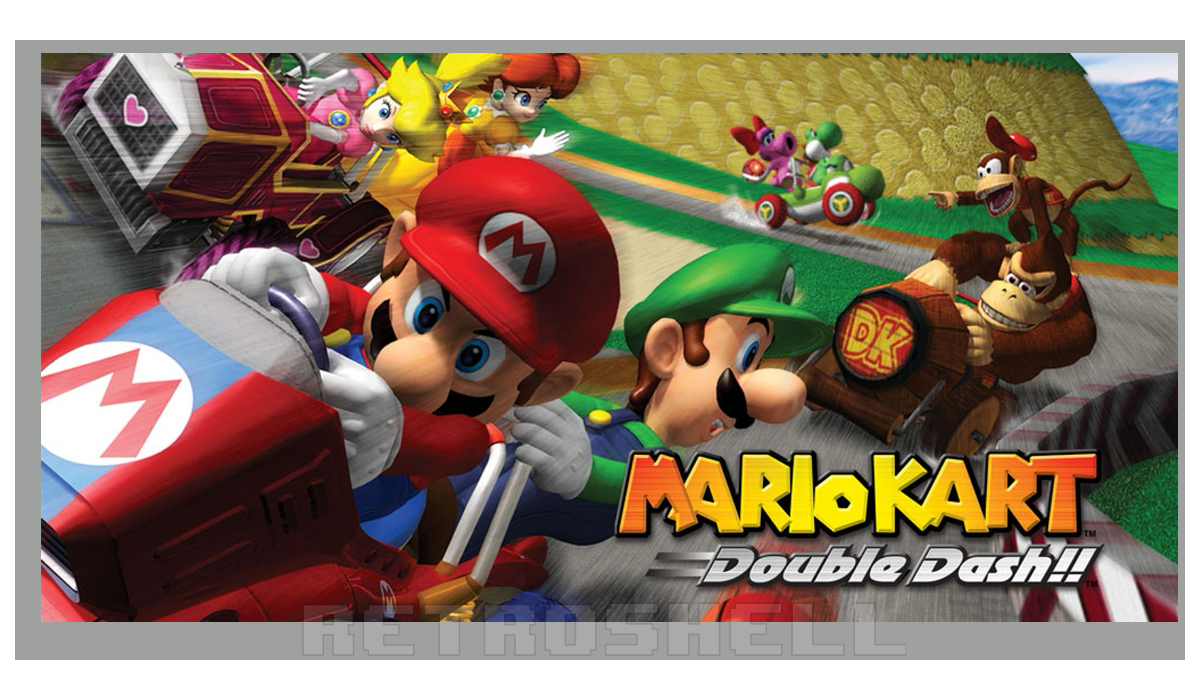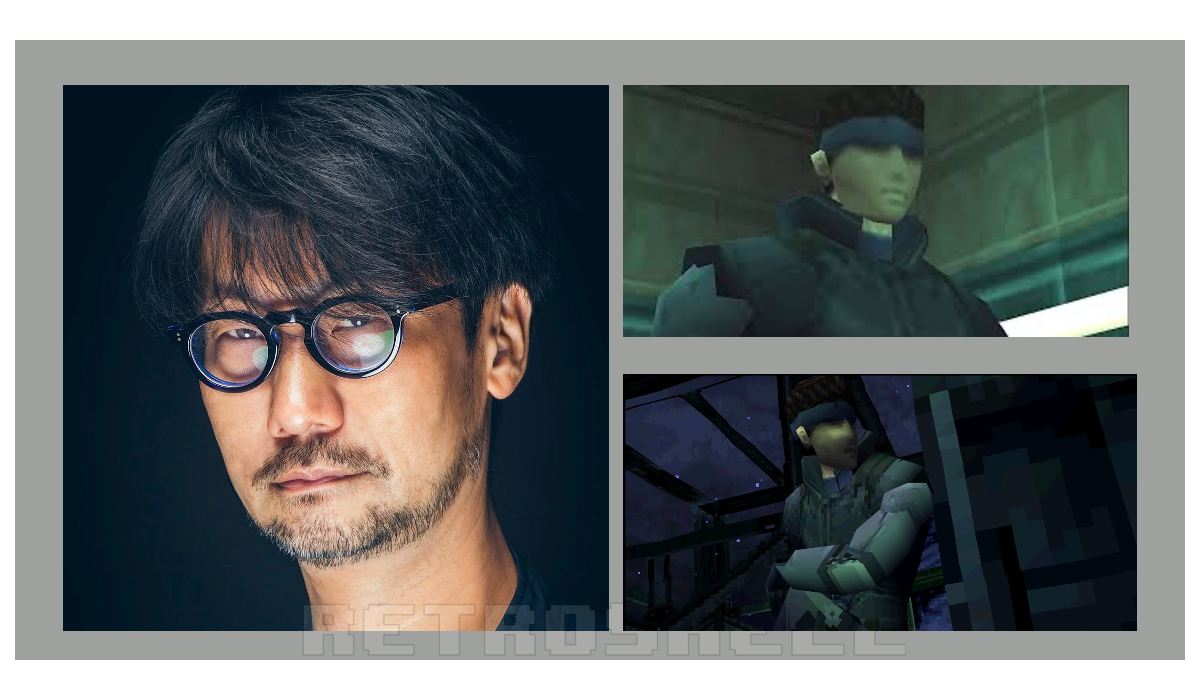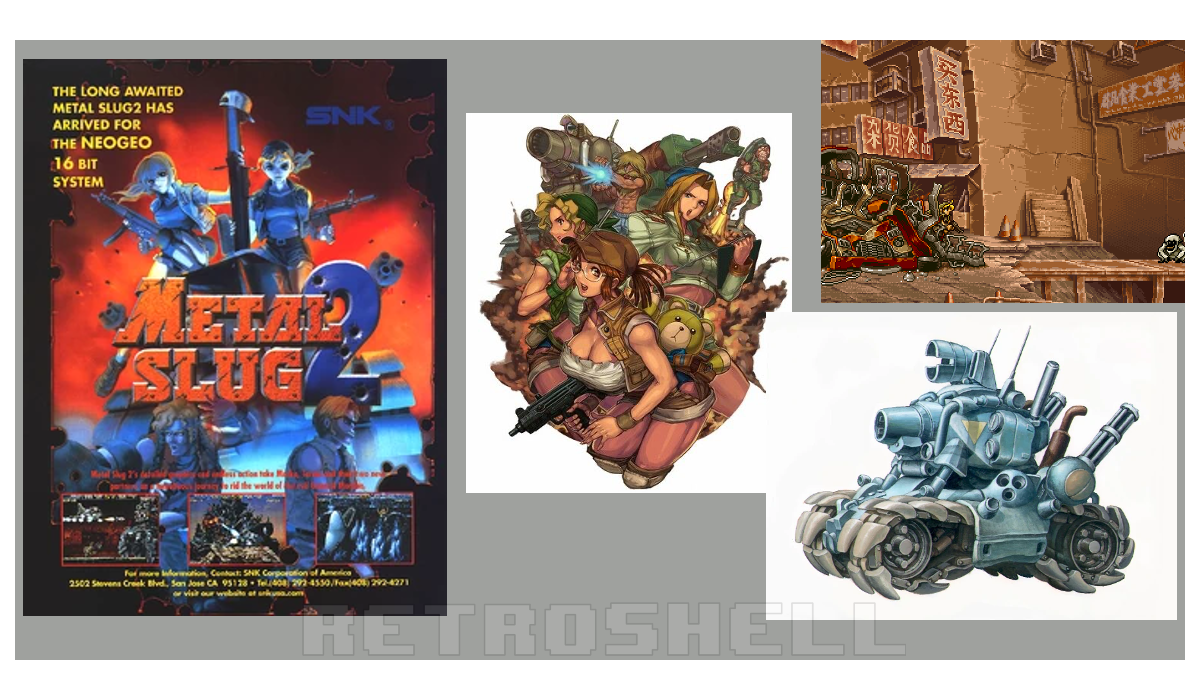When EarthBound Met Its Makers: The Untold Story of a Cult Classic's Localisation
The story behind one of the greatest games of the 90's.
In a remarkable conversation between Shigesato Itoi, the creator of Nintendo's beloved MOTHER series, and Marcus Lindblom, the lead localiser for its English adaptation EarthBound, the fascinating untold story of one of gaming's most distinctive localisations comes to light. Their meeting, ironically their first despite years of shared history, reveals how a small team created what would become one of gaming's most celebrated translations.
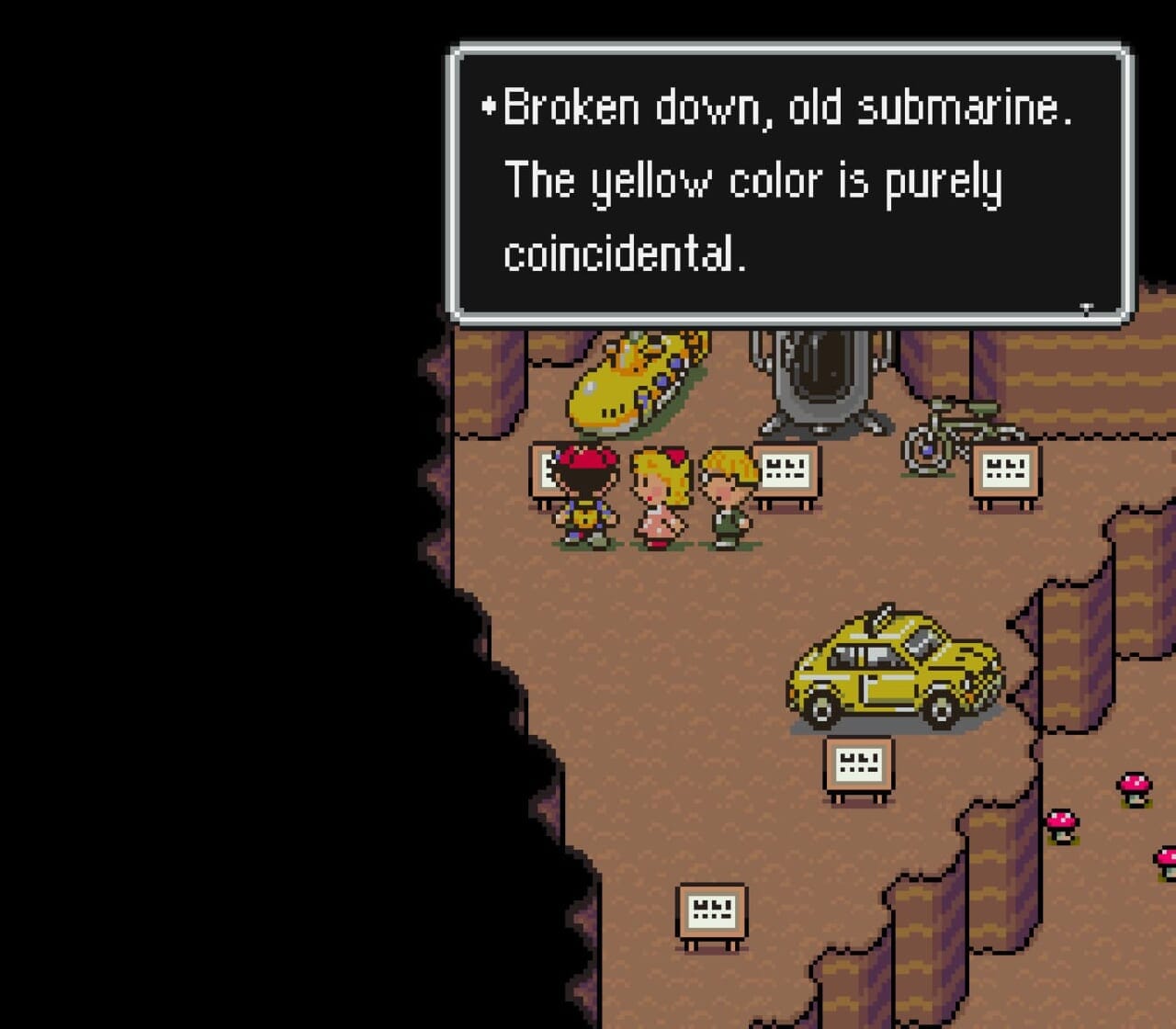
A Fateful Connection
The interview begins with a case of mistaken identity—Itoi believing he'd met Marcus years before in Japan. As it turns out, they had never actually crossed paths, despite working on the same beloved game. Marcus explains that he worked for Nintendo of America and lived in Japan from 1986 to 1990, where he developed "extremely conversational" Japanese skills that would prove crucial for localizing a dialogue-heavy game like MOTHER 2.
In perhaps the most startling revelation of their conversation, Marcus shares that his first day visiting the APE offices (Itoi's company) coincided with the March 1995 Tokyo subway sarin gas attack by Aum Shinrikyo:
"I had jet lag because I'd arrived the night before, so I woke up early and went to Shibuya for a bit... by the time I went to take the Chiyoda subway line, it wasn't running... that was the subway sarin gas attack by Aum Shinrikyo. I had only just missed it!"
Itoi, it turns out, was fishing on Lake Biwa that day, explaining why they never met during Marcus's brief visit to APE.
The Translation Dream Team
The interview reveals a crucial detail about EarthBound's acclaimed localization: it wasn't just Marcus working alone, but a collaborative effort centered around a key figure—Masayuki Miura. This revelation explains how the game's unique humor survived the translation process.
"Miura was so important for the script of EarthBound as we know it. The translation is a result of Miura and I working together," Marcus explains.
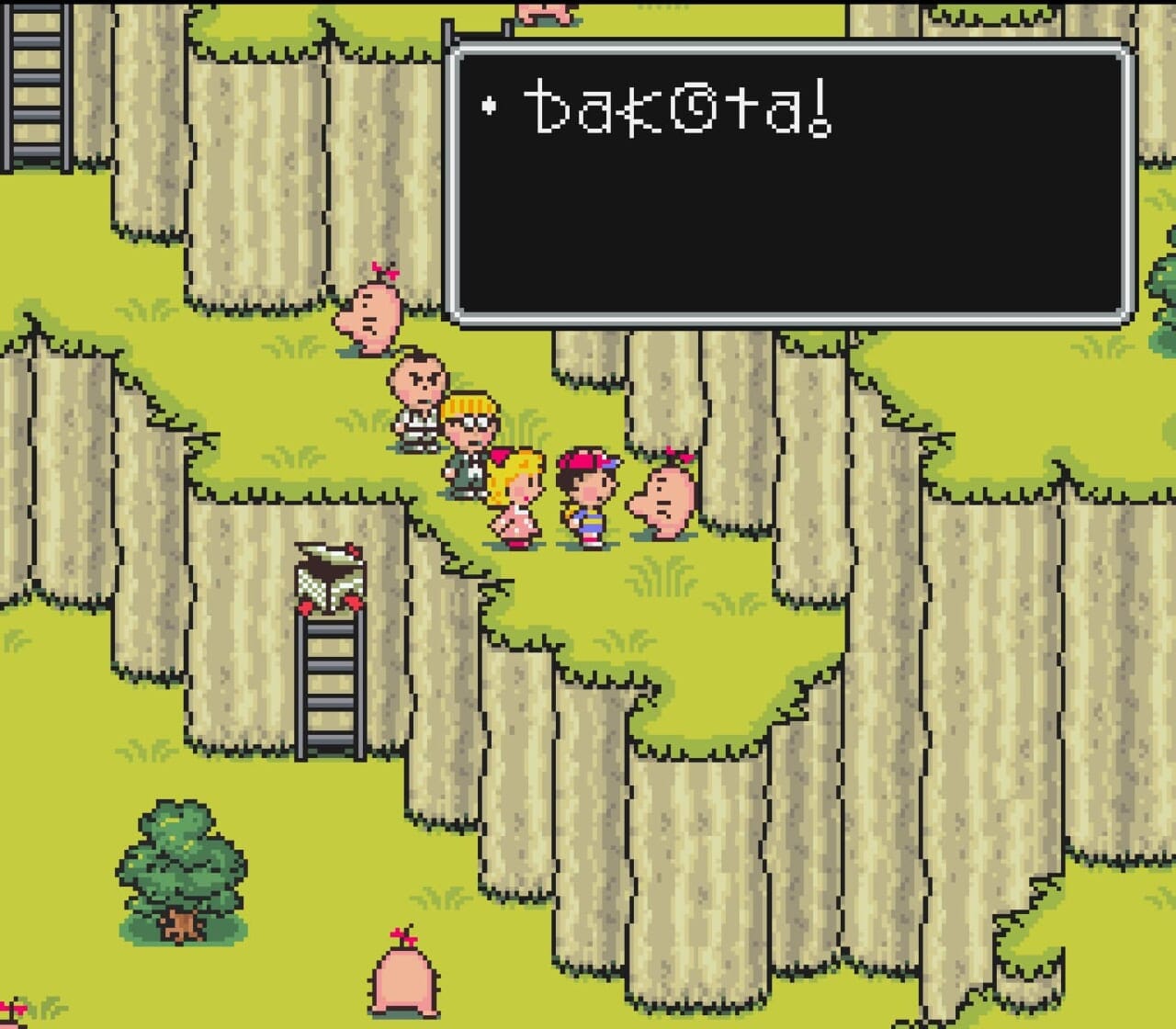
Itoi's excitement is palpable upon learning this: "That's incredible! Everything just fell into place. I couldn't figure out how the English localisation of MOTHER 2 still managed to keep the original humour of the Japanese."
Miura was uniquely qualified for this role, having sat beside Itoi during the original script creation process, typing as Itoi dictated. This meant he understood the nuances and intentions behind every line better than anyone else. The pair worked together in Seattle for about two months, with Miura explaining cultural references and giving Marcus permission to "have fun with the humor."
Creative Freedom in Translation
Marcus reveals he was given creative latitude with the humor, guided by Miura's advice to make the English version "quirky" and not worry if everyone would get all the jokes—matching Itoi's own philosophy for the Japanese original.
One famous translation the Japanese fans particularly admire is the transformation of a word puzzle based on "Heidi" (answering "hai" or yes to "Girl of the Alps: XXXdi") to "A Beatles song, XXXterday" in English. Surprisingly, Marcus reveals this wasn't his work but part of a small sample translation done before he joined the project—along with the famous "Fuzzy pickles!" photographer line.
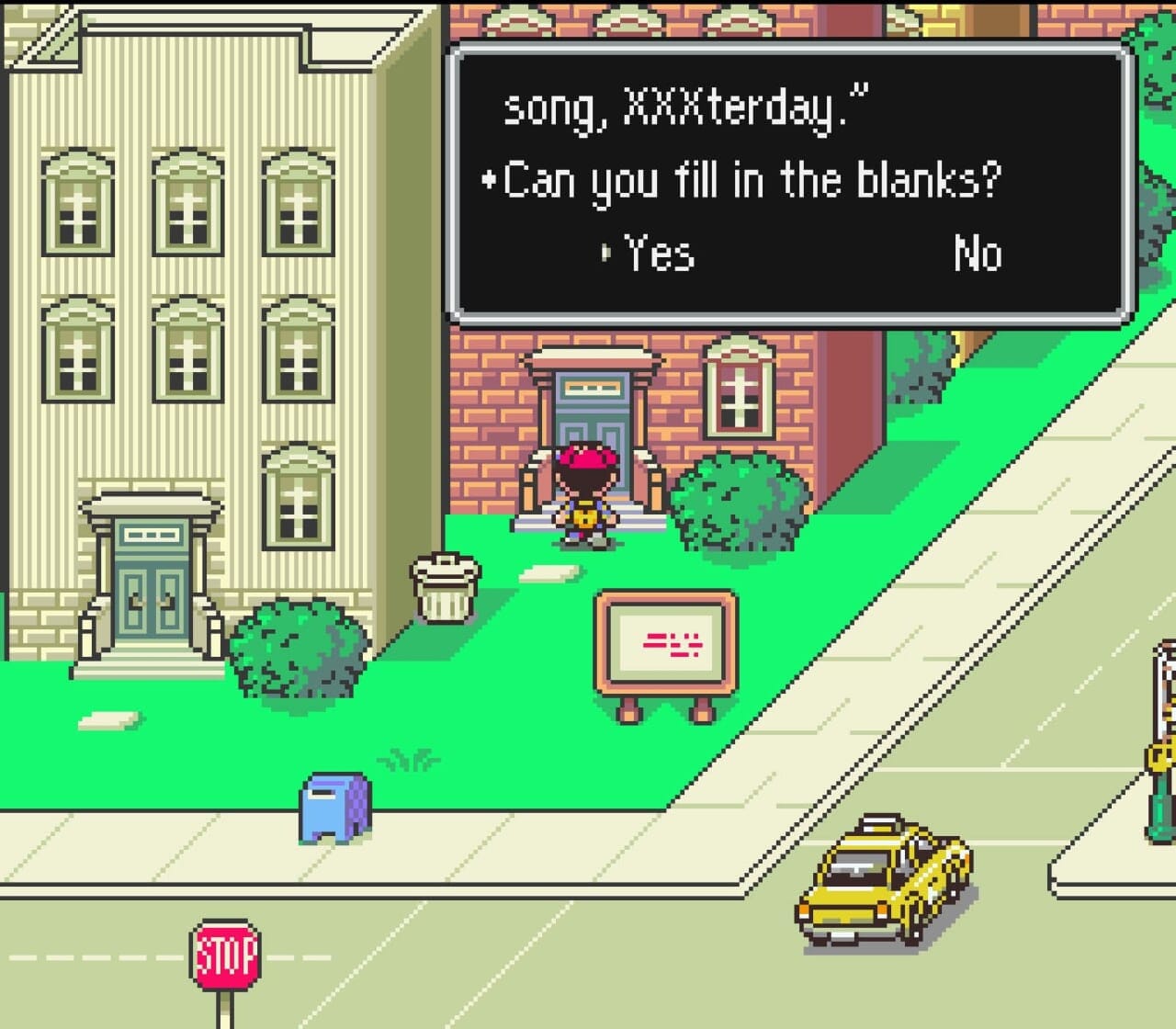
"The nice thing was, that set the tone for me," Marcus explains. "That gave me an idea of what I could do. It was important for me to see those and think, 'If those are okay, I can do lots of crazy stuff.'"
Cultural Adaptations and Nintendo's Rules
The conversation turns to the various adaptations required by Nintendo of America's content policies at the time. References to tobacco, alcohol, and religion needed to be edited out. Borges Bar became Jackie's Cafe, leading to the comical image of "a red-faced drunk guy throwing back a coffee." Even Ness's nakedness in Magicant was replaced with pajamas.
The interview also reveals the reasoning behind name changes, including the transformation of the antagonist "Gyiyg" to "Giygas" (to sound "powerful... almost like a Roman name") and "Porky" to "Pokey" (to avoid both legal issues with Porky Pig and concerns about bullying connotations).
Timeless by Design
Perhaps most fascinating is the shared philosophy that made EarthBound endure for decades:
"I purposely made text that wouldn't be tied to that time," Marcus explains. "I didn't use catch phrases that would date it to when we were working on it in the 90's."
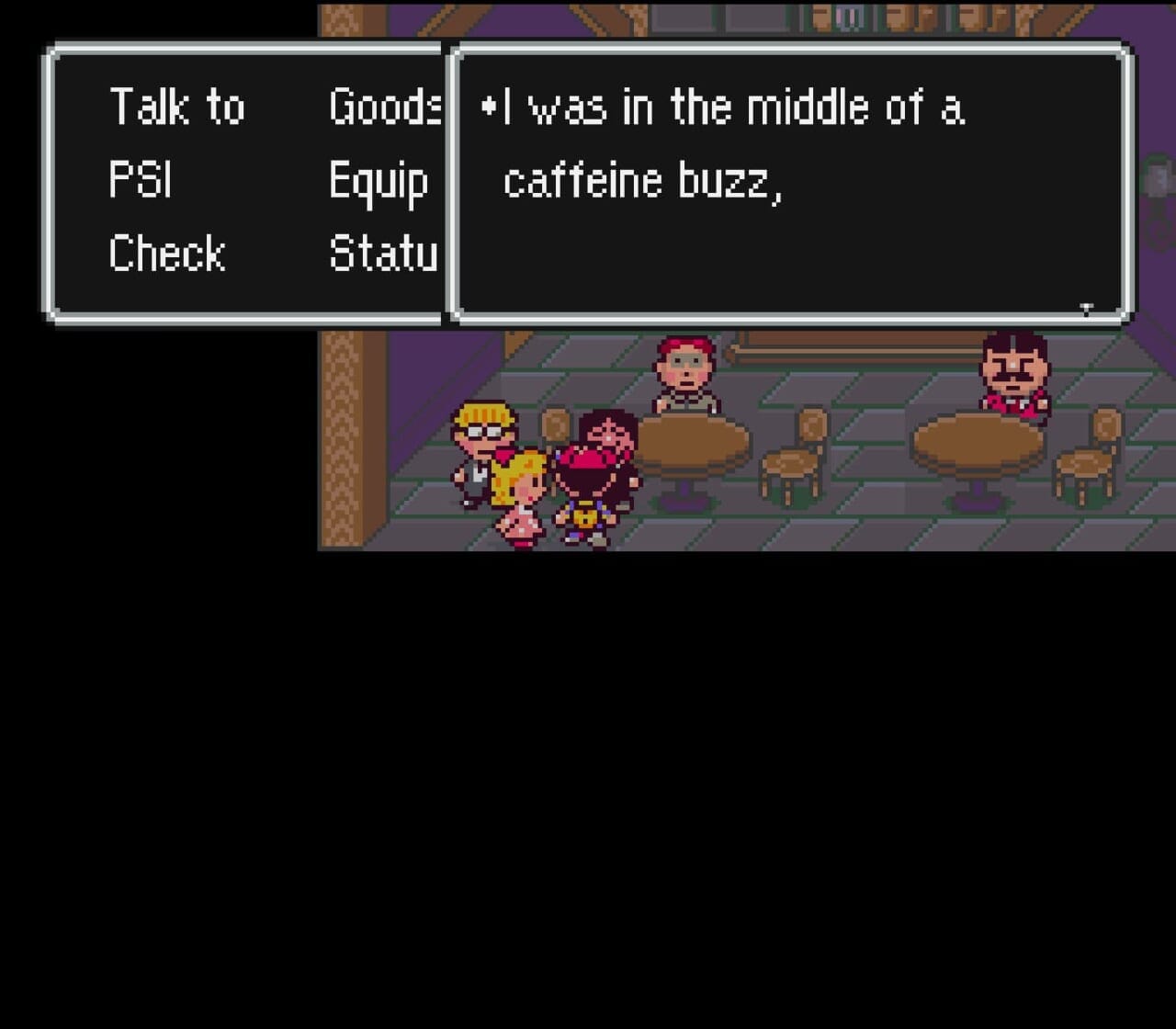
Itoi responds enthusiastically: "Ah, yes, that's wonderful. I did the exact same thing... It's similar with music, too. Just like how good it feels to listen to old pop music, things feel wonderful when they don't specifically invoke current tastes."
This intentional timelessness, along with the preservation of Itoi's Beatles references that were "hidden around the game kind of felt like looking for friends," has contributed to EarthBound's lasting appeal.
A Legacy of Collaboration
What becomes clear through this conversation is that EarthBound's English script was the product of multiple creative minds working in harmony: Itoi's original vision, Miura's intimate understanding of that vision, an unknown initial translator who set the tone with key early examples, and Marcus's playful adaptations.
Thirty years later, the game remains beloved by fans worldwide—a testament to the care taken by all involved to create something that would transcend both language barriers and the passage of time.
You can follow the full interview as more details are released on Itoi's website.

